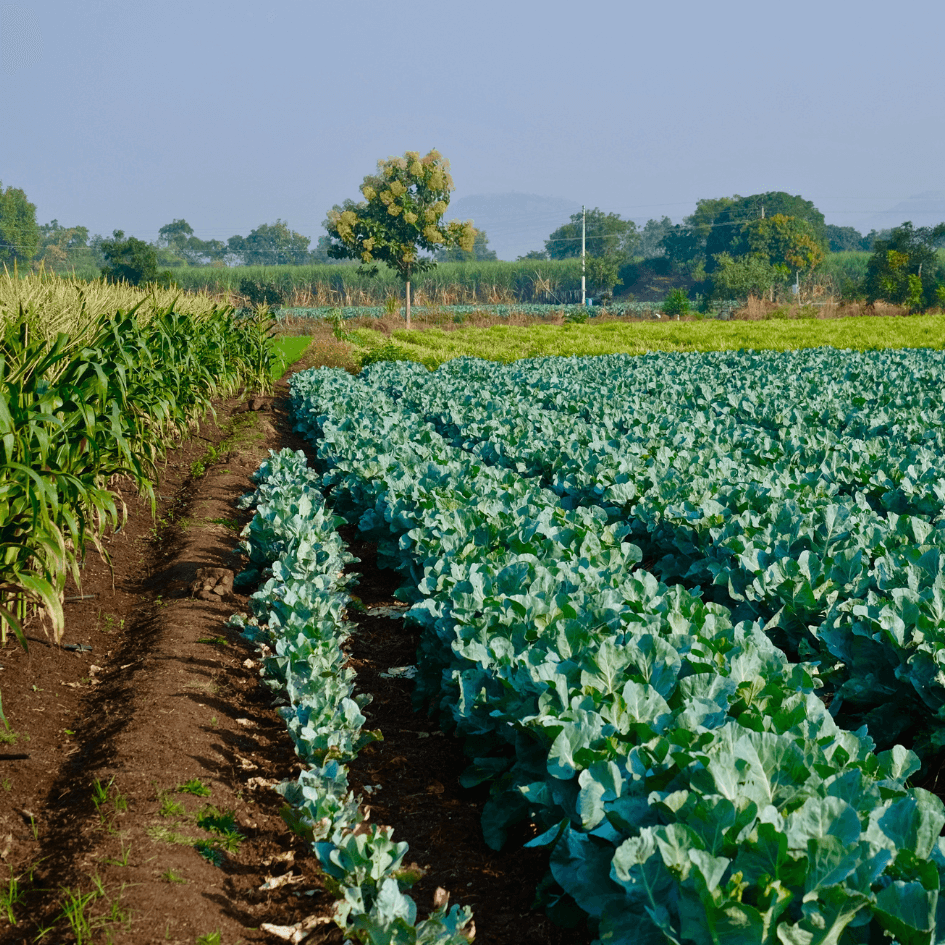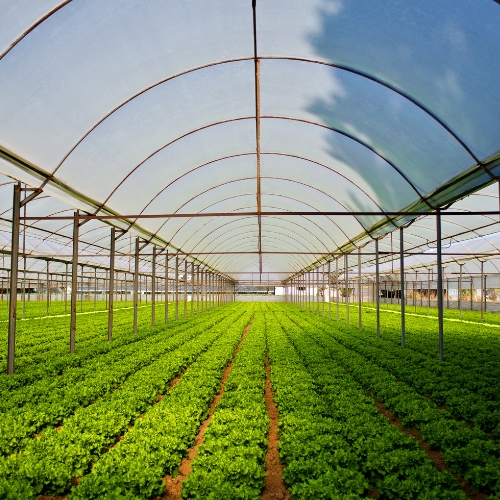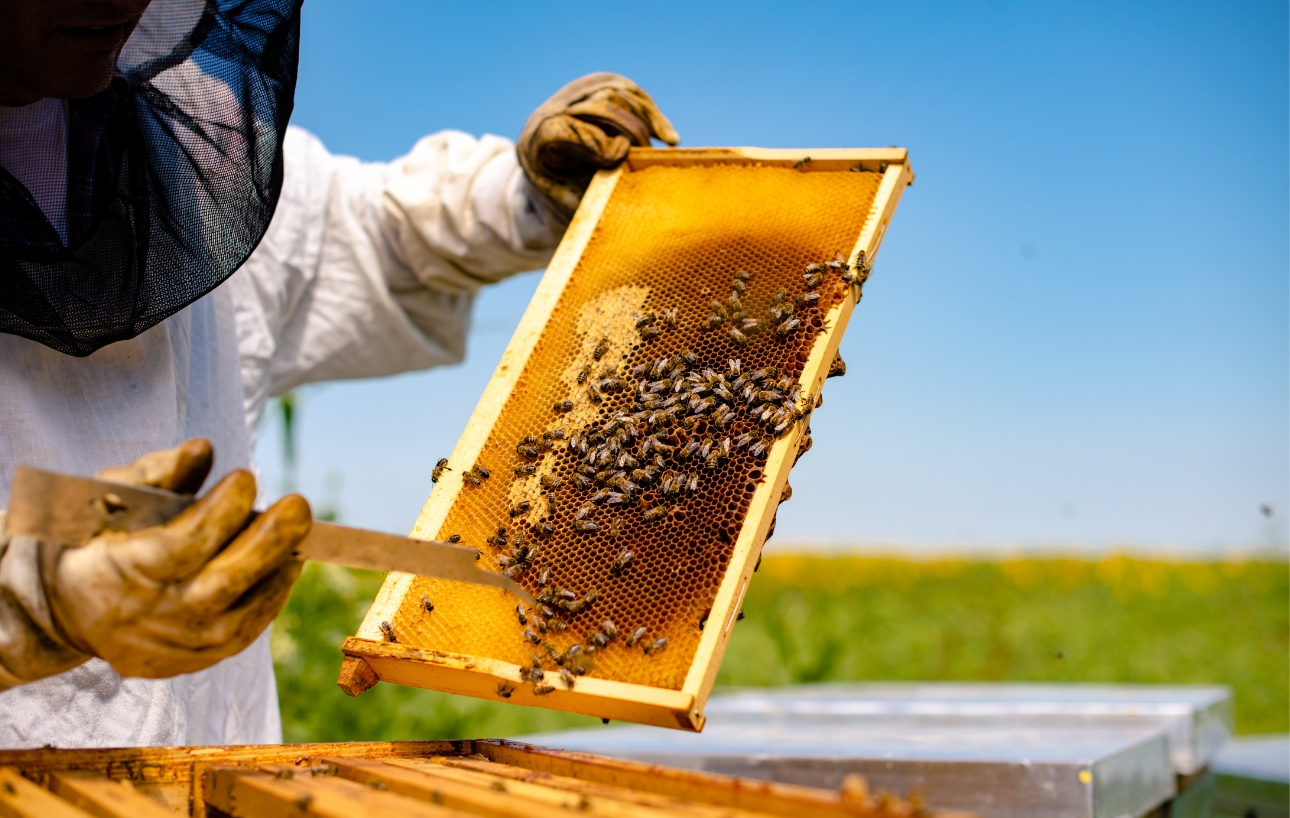Organic Farming Techniques: Sustainable Methods for Healthier Soil and Crops

Table of Contents
Introduction to Organic Farming Techniques
Organic farming techniques focus on cultivating crops without synthetic fertilizers, pesticides, and genetically modified organisms. This sustainable approach not only nurtures the land but also benefits the environment and encourages biodiversity. As more people seek healthier food options and with an increasing emphasis on climate change, the popularity of organic farming continues to grow. By adopting these methods, you can create a thriving garden that respects nature while producing nutritious food.
Benefits of Organic Farming
Organic farming provides a wealth of benefits for both the grower and the environment. Here are some key advantages:
Healthier Food: Organic produce often has higher nutritional quality and fewer harmful chemicals.
Environmental Impact: It promotes biodiversity and reduces pollution from chemical fertilizers and pesticides.
Soil Fertility: Organic techniques enhance soil health, making it more productive over time.
Economic Incentives: Many consumers are willing to pay a premium for organic produce, offering farmers a potentially profitable market.
You can check reputable sources like the USDA National Organic Program for more in-depth information.
Popular Organic Farming Techniques
To implement effective organic farming practices, several techniques can be utilized. Here are some of the most popular ones:
Crop Rotation
Crop rotation involves alternating the types of crops grown in a particular area from season to season. This naturally manages soil fertility and pest control, disrupting pest and disease cycles.
Example: Following a legume crop with a nitrogen-hungry crop like corn improves soil quality.
Companion Planting
Companion planting is the practice of growing two or more plants together for mutual benefits, such as pest control, pollination, and maximizing space.
Example: Planting marigolds alongside vegetables can deter nematodes and other pests.
Natural Pest Control
Instead of using chemical pesticides, organic farming techniques encourage using natural predators, traps, or barriers to keep pests at bay.
Examples of natural pest control include:
Ladybugs: Effective against aphids.
Neem oil: A natural pesticide derived from the seeds of the neem tree.


Soil Health and Organic Practices
Healthy soil is the foundation of successful organic farming. Implementing practices that encourage soil fertility is essential:
Composting: Creating compost enriches the soil with nutrients.
Mulching: Using organic materials as mulch helps retain moisture and suppress weeds.
Cover Crops: Growing cover crops during the off-season protects soil and adds organic matter.
For extensive information on maintaining soil health, consider visiting Rodale Institute.
Water Conservation Techniques in Organic Farming
Water management is crucial in organic farming. Employing these techniques can help conserve water and maintain crop health:
Drip Irrigation: Delivers water directly to the root zone, minimizing evaporation.
Rainwater Harvesting: Collecting rainwater can supplement irrigation needs.
Drought-Resistant Crops: Choosing varieties that require less water can save resources.
Getting Started with Organic Farming
Starting your organic farm doesn’t have to be overwhelming. Here are some simple steps to begin your journey:
Educate Yourself: Learn about organic farming through books, workshops, and online resources.
Choose a Suitable Location: Find an area with good sunlight, water access, and fertile soil.
Plan Your Crops: Research which crops are best suited for your climate and soil condition.
Start Small: Begin with a small garden plot to test your organic techniques before expanding.
Join a Community: Connect with local farming groups or online forums to share insights and gain support.
Conclusion
Organic farming techniques provide a sustainable way to cultivate crops while enhancing environmental health and personal well-being. By utilizing practices like crop rotation, companion planting, and natural pest control, you can successfully grow your garden without harmful chemicals. Moreover, focusing on soil health, water conservation, and starting small eases the transition to organic methods. Now is the perfect time to explore these organic farming techniques in your garden. Engage with your fellow gardening enthusiasts and share your successes and challenges as you embark on this rewarding journey!



